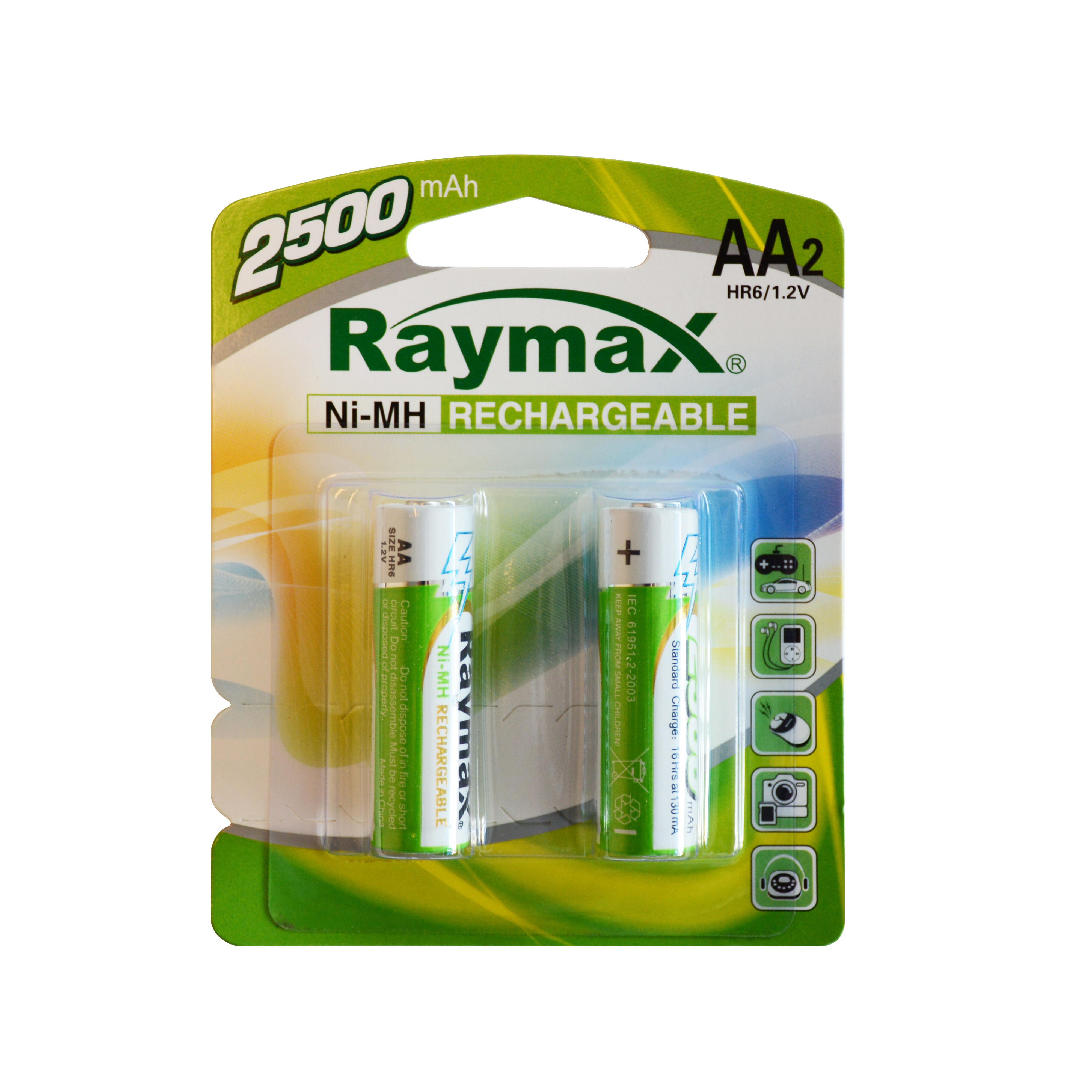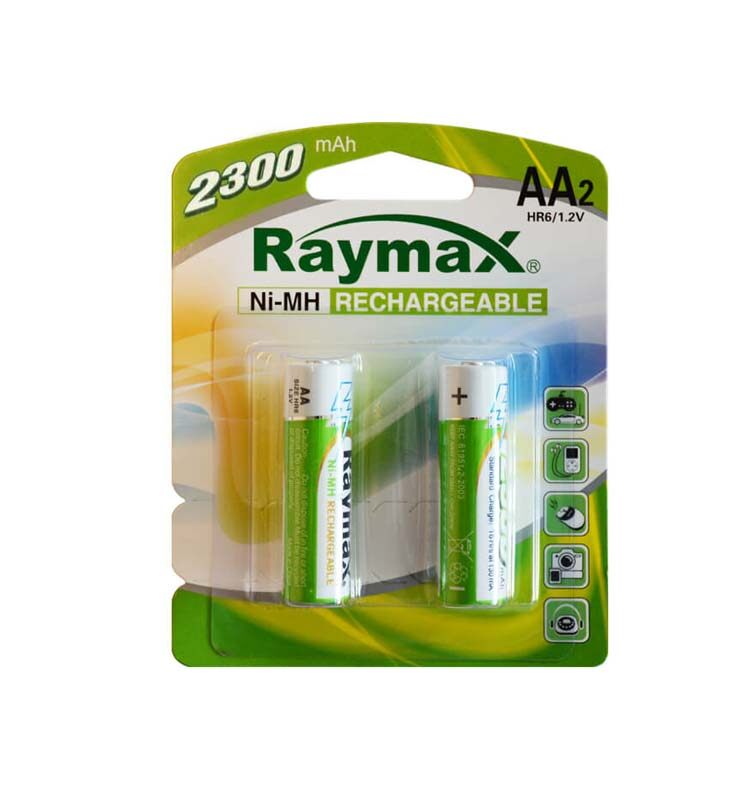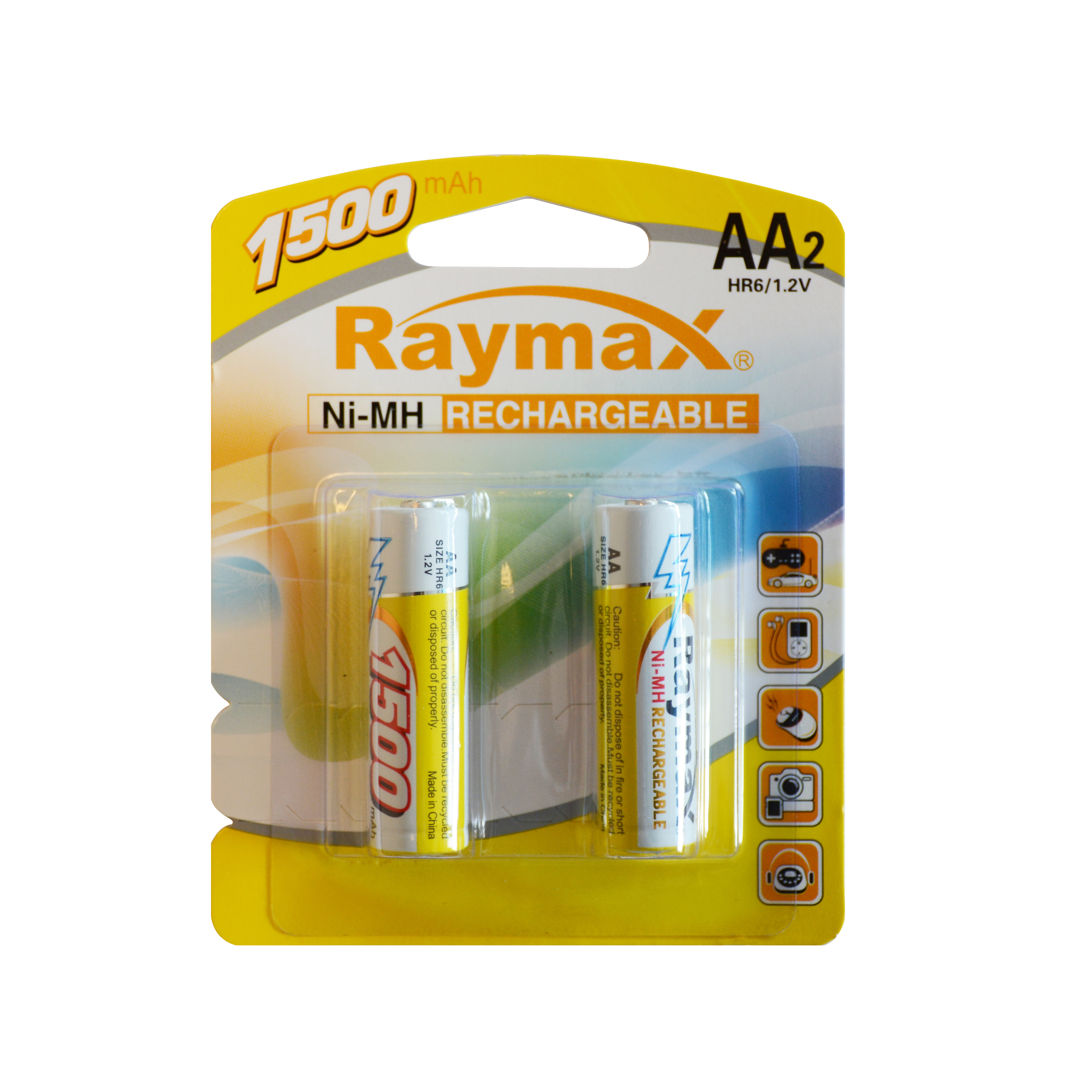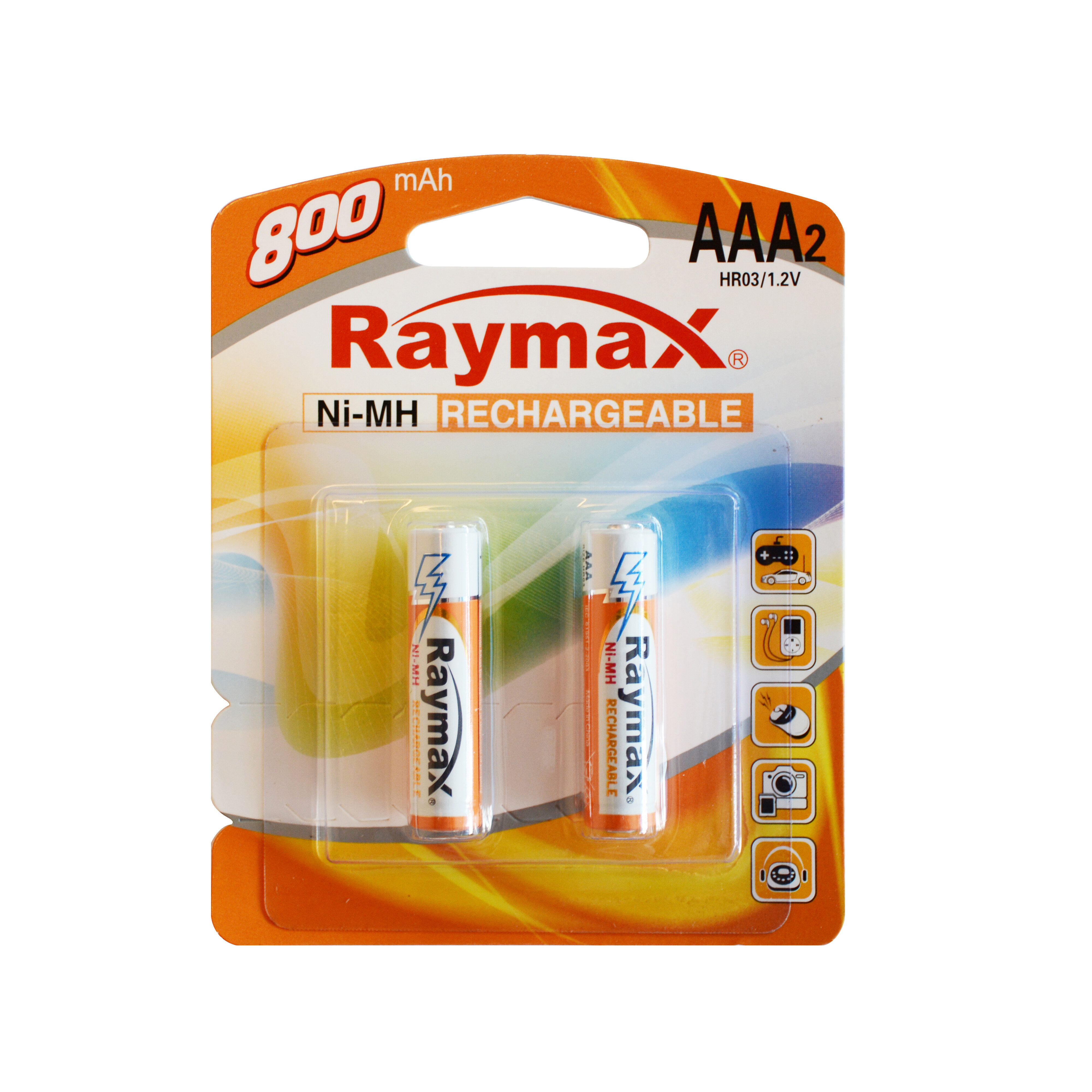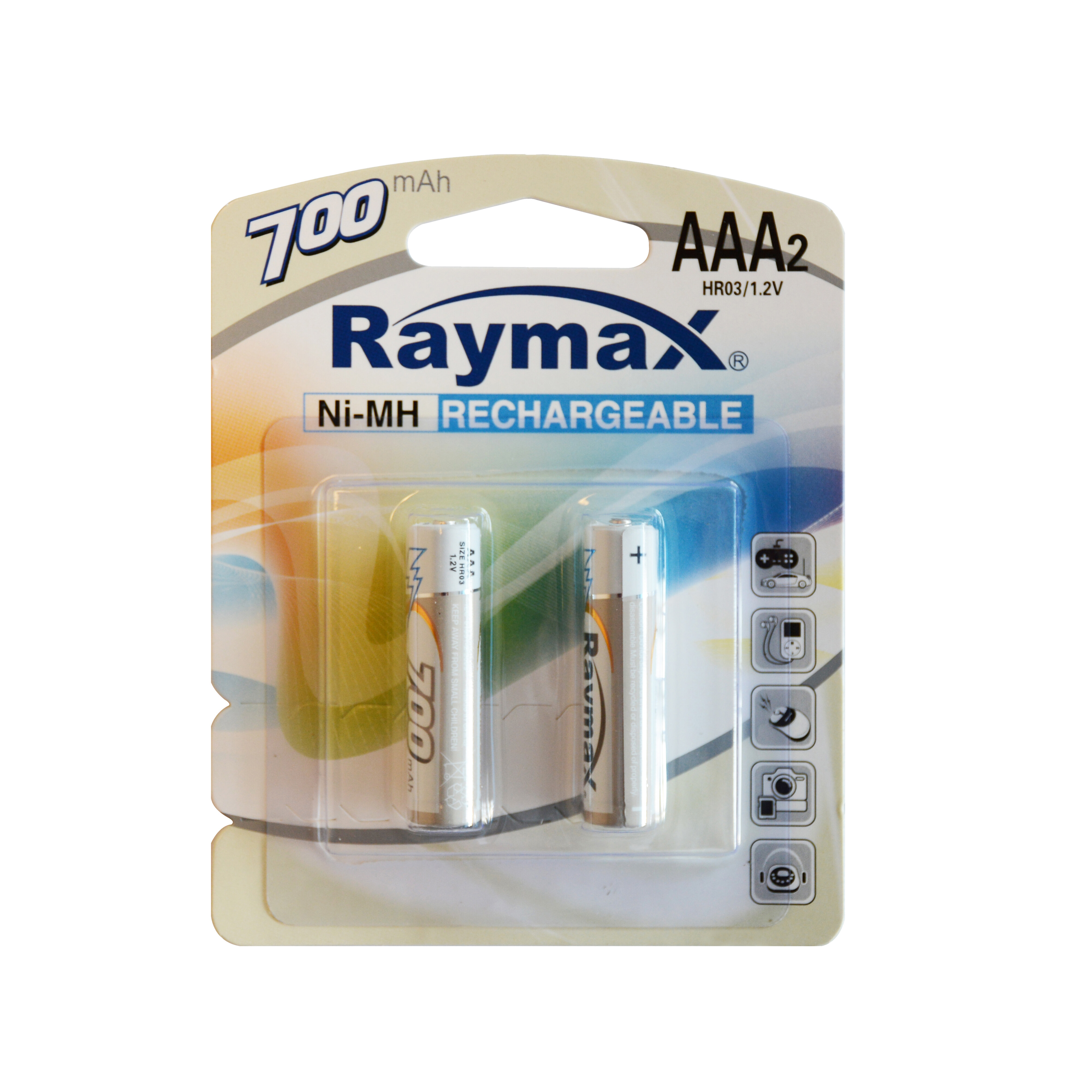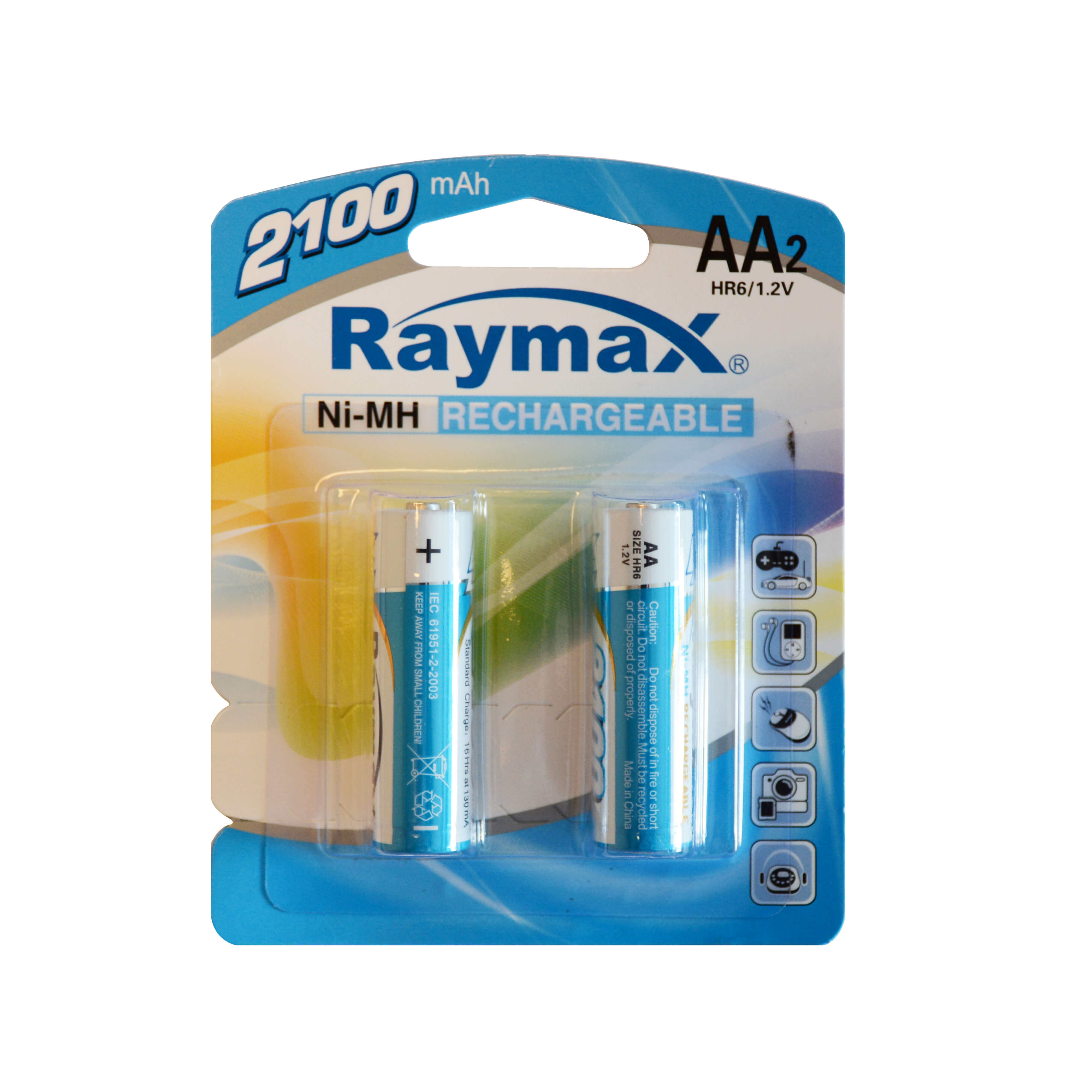Email format error
Email cannot be empty
Email already exists
6-20 characters(letters plus numbers only)
The password is inconsistent
Email format error
Email cannot be empty
Email does not exist
6-20 characters(letters plus numbers only)
The password is inconsistent

Ni-mh Rechargeable Battery
Ni-mh Rechargeable Battery
(6)Rechargeable batteries have revolutionized the way we use portable electronics. Among them, nickel-metal hydride (Ni-MH) batteries have gained significant popularity over the years due to their high energy density, long cycle life, and environmentally friendly nature.
Parameters of Ni-MH Batteries
The performance of Ni-MH batteries depends on several parameters, including capacity, voltage, internal resistance, charging rate, and discharge rate.
Capacity: The capacity of a battery is the amount of charge it can store and is measured in milliampere-hours (mAh). We supply all sizes and types of bulk NiMH rechargeable batteries for recycling use, including AA and AAA 700mAh, 800mAh, 1500mAh, 2100mAh, 2300mAh, and 2500mAh.
Click here to source the batteries you are interested in: ni-mh aa 700mah 1.2v rechargeable battery, ni mh aaa 1.2 v 800mah rechargeable batteries, aaa 1500 mah rechargeable batteries, aa 2100mah rechargeable batteries, 2300mah battery.
Voltage: The voltage of a Ni-MH battery is around 1.2 volts, which is lower than that of alkaline batteries. Therefore, devices that are designed to work with alkaline batteries may not work optimally with Ni-MH batteries.
Internal Resistance: Internal resistance determines the rate at which a battery can deliver its energy.
Charging Rate: The charging rate of a battery is the maximum current that can be safely used to charge it.
Discharge Rate: The discharge rate of a battery is the maximum current that can be safely drawn from it.
All the elements-internal resistance, charging rate, discharge rate would differ according to the battery No.
Chemistries of Ni-MH Batteries
The chemistry of a battery determines its performance characteristics. There are two main types of Ni-MH batteries based on their chemistry:
Standard Ni-MH: Standard Ni-MH batteries have a positive electrode made of nickel oxyhydroxide, a negative electrode made of hydrogen-absorbing alloy, and an electrolyte made of potassium hydroxide. They have a lower energy density but a longer cycle life than the second type.
Low Self-Discharge Ni-MH: Low Self-Discharge (LSD) Ni-MH batteries have a positive electrode made of nickel oxyhydroxide and a negative electrode made of hydrogen-absorbing alloy. However, they use a different electrolyte that allows them to retain their charge for longer periods even when not in use. They have a higher energy density but a shorter cycle life than the standard Ni-MH batteries.
Be aware that not all household batteries have the same chemistry. As you can see, the most frequently used chemistries in secondary (rechargeable) batteries are nickel-metal hydride (NiMH ).
Types and Sizes of Ni-MH Batteries
| Type of Ni-MH Battery | Description |
|---|---|
| AA Ni-MH Battery | A common size of Ni-MH battery that is used in many electronic devices. These batteries typically have a capacity of around 2000-3000mAh and a voltage of 1.2V. |
| AAA Ni-MH Battery | A smaller size of Ni-MH battery that is also used in many electronic devices. These batteries typically have a capacity of around 1000-1200mAh and a voltage of 1.2V. |
| C Ni-MH Battery | A larger size of Ni-MH battery that is often used in high-drain devices such as flashlights or toys. These batteries typically have a capacity of around 5000mAh and a voltage of 1.2V. |
| D Ni-MH Battery | An even larger size of Ni-MH battery that is also used in high-drain devices such as large flashlights or portable radios. These batteries typically have a capacity of around 10000mAh and a voltage of 1.2V. |
| 9V Ni-MH Battery | A rectangular shaped Ni-MH battery that is commonly used in smoke detectors or other devices that require a 9V battery. These batteries typically have a capacity of around 200-300mAh and a voltage of 8.4V. |
| Sub-C Ni-MH Battery | A cylindrical Ni-MH battery that is often used in power tools or other high-drain applications. These batteries typically have a capacity of around 2000-2500mAh and a voltage of 1.2V. |
| A Ni-MH Battery Pack | A custom battery pack made up of multiple AA or AAA Ni-MH batteries connected in series or parallel to provide a higher voltage or capacity as needed. These packs can be used in a variety of applications such as RC cars, drones, or portable power banks. |
And AA and AAA long-lasting rechargeable batteries are the popular types in Mustang, which have inventory here. Some models are customizable as the demands.
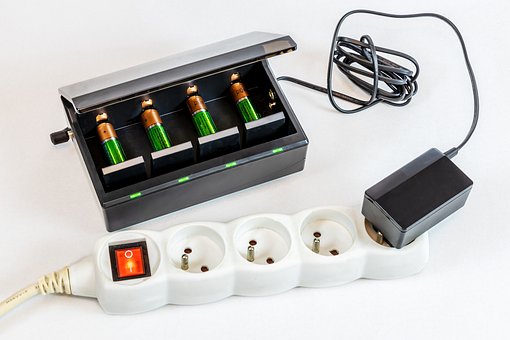
All the batteries are sold at factory direct prices, please click the button “Contact Us” to get more info.
Raymax wholesale NIMH HR6 AA 2500mAh rechargeable batteries, Long lasting, pack of 2
Pre-charged Raymax rechargeable AA batteries offer long-lasting power. These batteries need to be charged before use in order to ensure longevity. The battery offers more power than standard alkaline or standard NI-CD rechargeable batteries because it is made using the most recent technology.
Raymax Nimh Rechargable HR6 AA 2300mAh 1.2 v rechargeable battery valued pack
The NiMH battery charging voltage will rise as the charging current and/or temperature of the battery increase. In general, charging at temperatures between 0°C and 40°C requires a constant current of no more than 1C, and charging at temperatures between 10°C and 30°C results in a higher charging efficiency.
Raymax NIMH rechargeable HR6 AA Size battery 1.2V 1500mAh Long lasting, bulk pack of 2
Rechargeable Ni-MH AAA batteries can be reused 300 times and are recyclable. The rate of self-discharge is rather low, which can cut expenditures. It is the perfect replacement for disposable batteries.
Raymax HR03 AAA 1.2v 800mAh NIMH rechargeable batteries- Recyle Use
Everyone should charge the new NiMH battery before using it after purchasing it because it often only has a modest amount of power. It is advised to use the battery first before charging it if the battery has recently left the factory and the power is adequate. New NiMH batteries typically need to be charged and used three to four times before their performance is at its peak.
Raymax High Capacity NIMH rechargeable HR03 AAA 700mAh 1.2V battery for Clocks
Keep your battery-operated lanterns, cameras, walkie-talkies, flashlights, and other devices powered during the winter. Down to -4 degrees Fahrenheit, Raymax and Raymax pro batteries operate with exceptional performance.
Raymax custom NIMH HR6 AA 2100mah rechargeable batteries, 2 pcs pack
A nickel-hydrogen battery (NiMH) contains 6mol/L of potassium hydroxide solution as the electrolyte and metal hydride, also known as hydrogen storage alloy and metal hydride, as the negative active material. The primary manufacturing processes for the active material to create the electrode pole pieces are sintering, pulping, foam nickel, fiber nickel, and infiltration. The capacities and high current discharge capabilities of electrodes made using various processes vary greatly.


